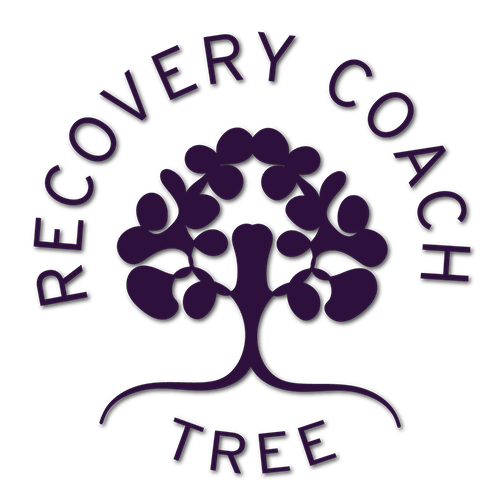Sleep hygiene is using positive behaviour to help promote good sleeping habits.
We all know that getting a good night’s sleep is essential for physical and mental health, but sometimes sleep seems to elude us. When you don’t have good quality sleep, it can cause memory problems, weight gain, moodiness and other health issues such as high blood pressure. Up to 50% of adults will suffer from some form of sleep disorder in their lifetime, so you are not alone if you find you are not getting enough sleep.
Here are seven ways to help create and maintain good sleep hygiene.

1. Whenever possible, maintain a regular sleep routine.
Everyone is different. Some of us are night owls, and others are the early bird that gets the worm. Neither is right or wrong; however, to help maintain a healthy lifestyle, make sure you pick a time to go to bed and wake up and then stick to it. Also, remember that habits are hard to make and break, so if your sleep schedule has been off for months or even years, you will not be able to fix it overnight. On average, it can take 66 days to create a habit, so don’t be hard on yourself if you find you still awake (or sleeping) at the most inopportune times. A regular sleep routine will help maintain a healthy sleep hygiene.
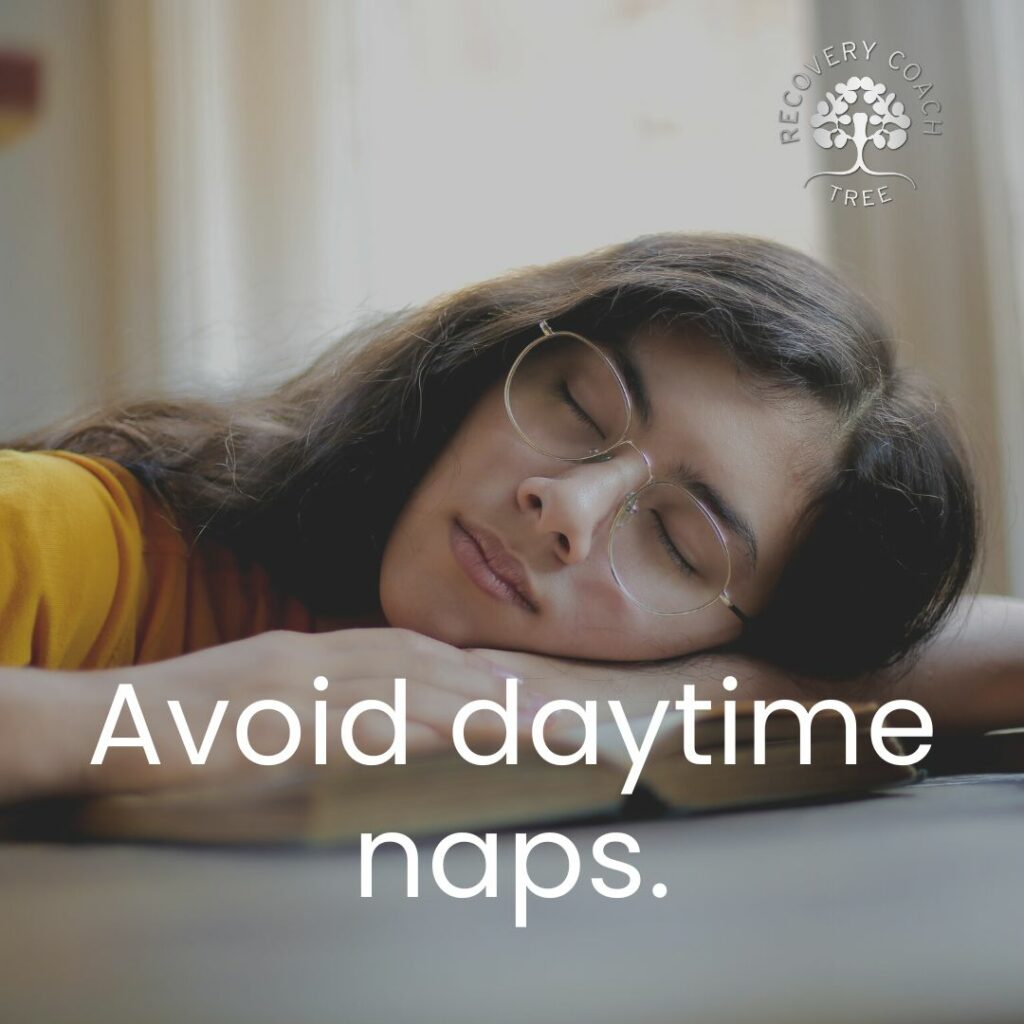
2. Why should I avoid daytime naps?
It is often a ‘catch-22’ cycle. You find yourself unable to sleep in the middle of the night, but you cannot keep your eyes open after lunch, making it much harder to fall asleep later in the evening. If you start to get sleepy in the hours after lunch, try to find something to do to keep yourself awake. Go for a walk, call a friend or do something else to keep your mind active until you are ready for bed.
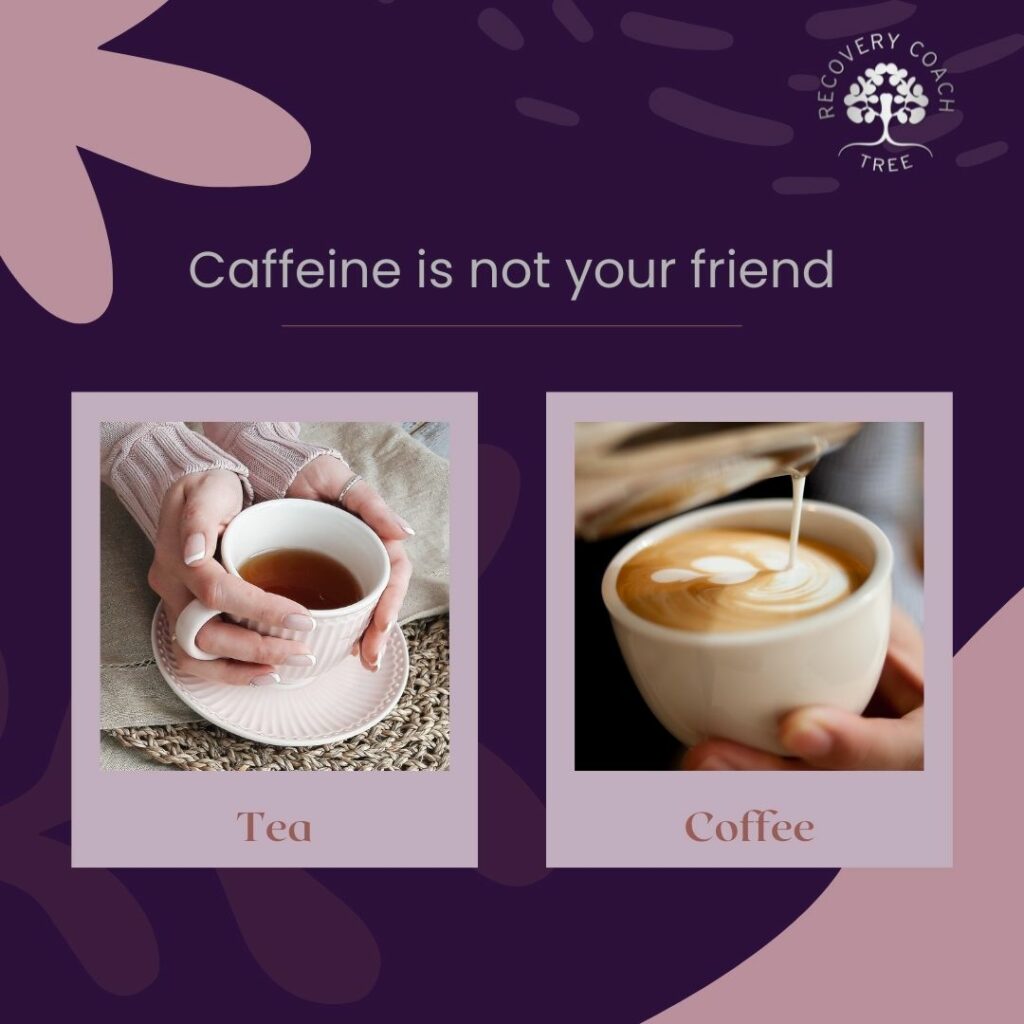
3. Should you drink caffeine before bedtime?
If the first thing you grab in the morning to wake you up is a coffee, tea, Redbull or any of the myriad of drinks available with a caffeine hit, then you should stay away from these drinks at night. Opinions vary (between 1 and 10 hours) of when the last caffeinated beverage should be before you go to bed, but if in doubt, then do without. Caffeine has been proven to affect the quality of our sleep and our sleep hygiene.
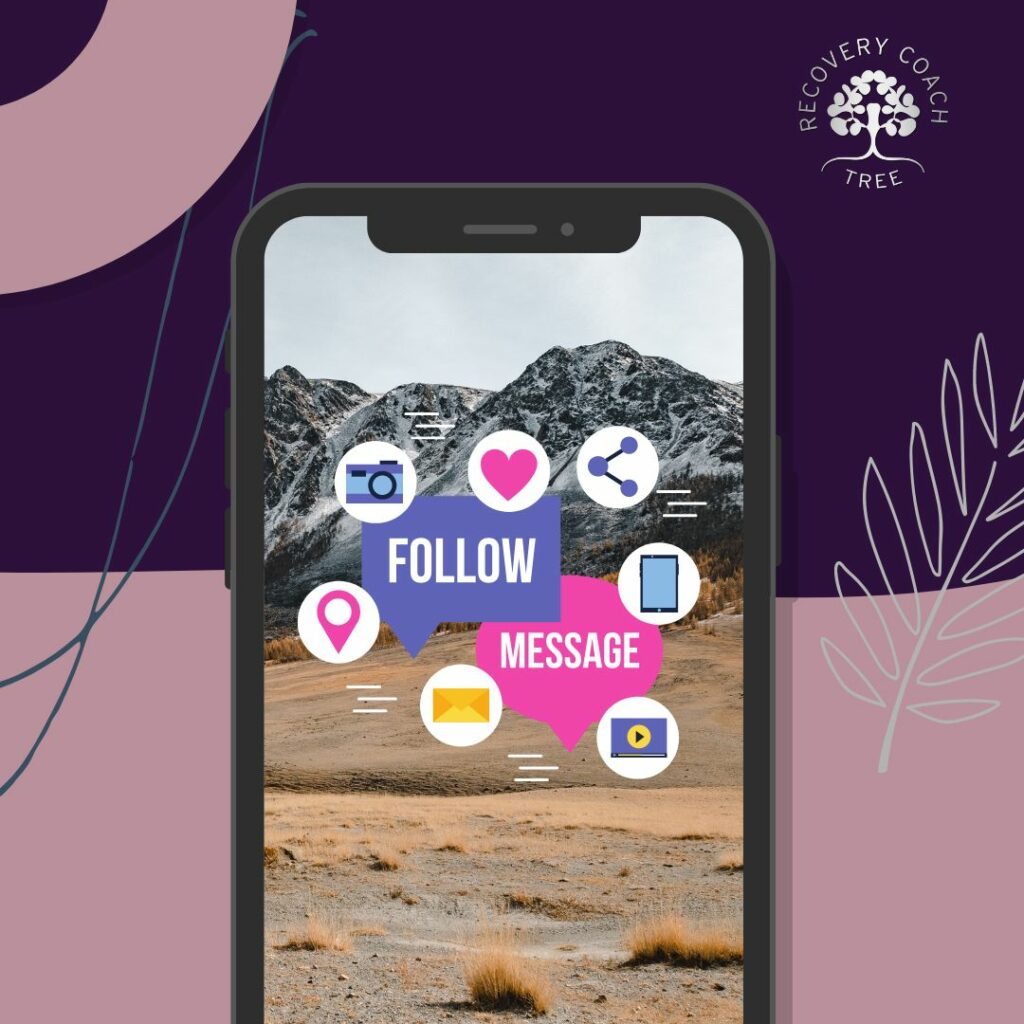
4. Does looking at a computer screen before bedtime affect sleep?
The big answer is YES. Watching television, scrolling social media or playing games on your mobile, laptop, or computer can negatively impact both trying to fall asleep and stay asleep. In a normal circumstance, as the sun starts to set, our brain produces a hormone called melatonin, which helps us fall asleep. However, electrical items not only provide mental stimulation but also form a bright light that signals to your brain that it is still daytime and you should be awake, affecting your ability to maintain good sleep hygiene.
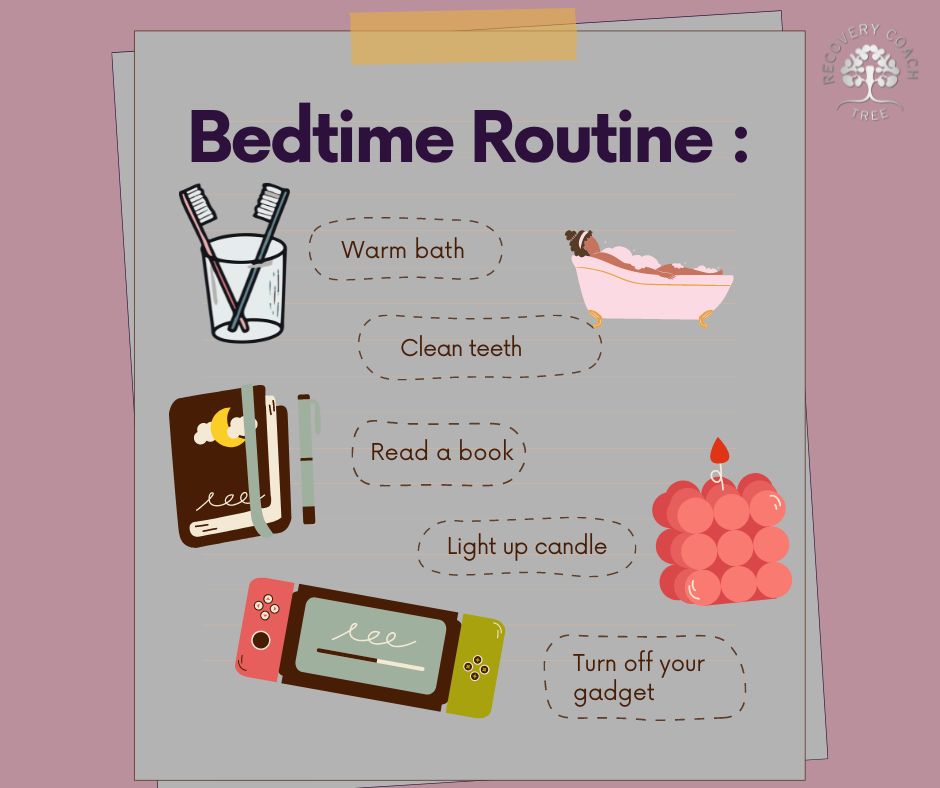
5. Can a bedtime routine help me fall asleep, and stay asleep?
When preparing for bed, you can ‘trick’ your brain into thinking it’s time for sleep, even when you are not tired. An example of a ritual is after a shower or warm bath, you clean your teeth, read for 30-minutes, and then turn the lights out. After a while, your body understands that this is the time to wind down and let sleep take over giving your body a chance to create a healthy sleep hygiene.
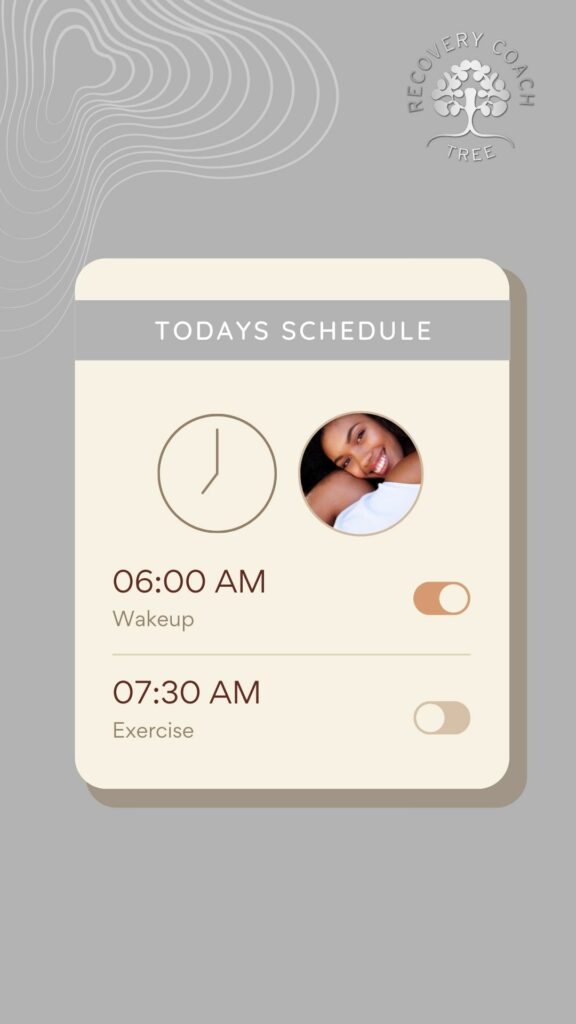
6. Set an alarm to wake up in the morning, and don’t hit the snooze.
Motivational speaker – Mel Robbins has a 5-second rule to get out of bed. “The 5 Second Rule is simple. If you have an instinct to act on a goal, you must physically move within 5 seconds or your brain will kill it. The moment you feel an instinct or a desire to act on a goal or a commitment, use the Rule. So when that alarm goes off, count down from 5 to 1, get out of bed, and then hit the alarm to turn off. It is a great way to help form an excellent sleep hygiene habit. You can view Mel’s talk here.
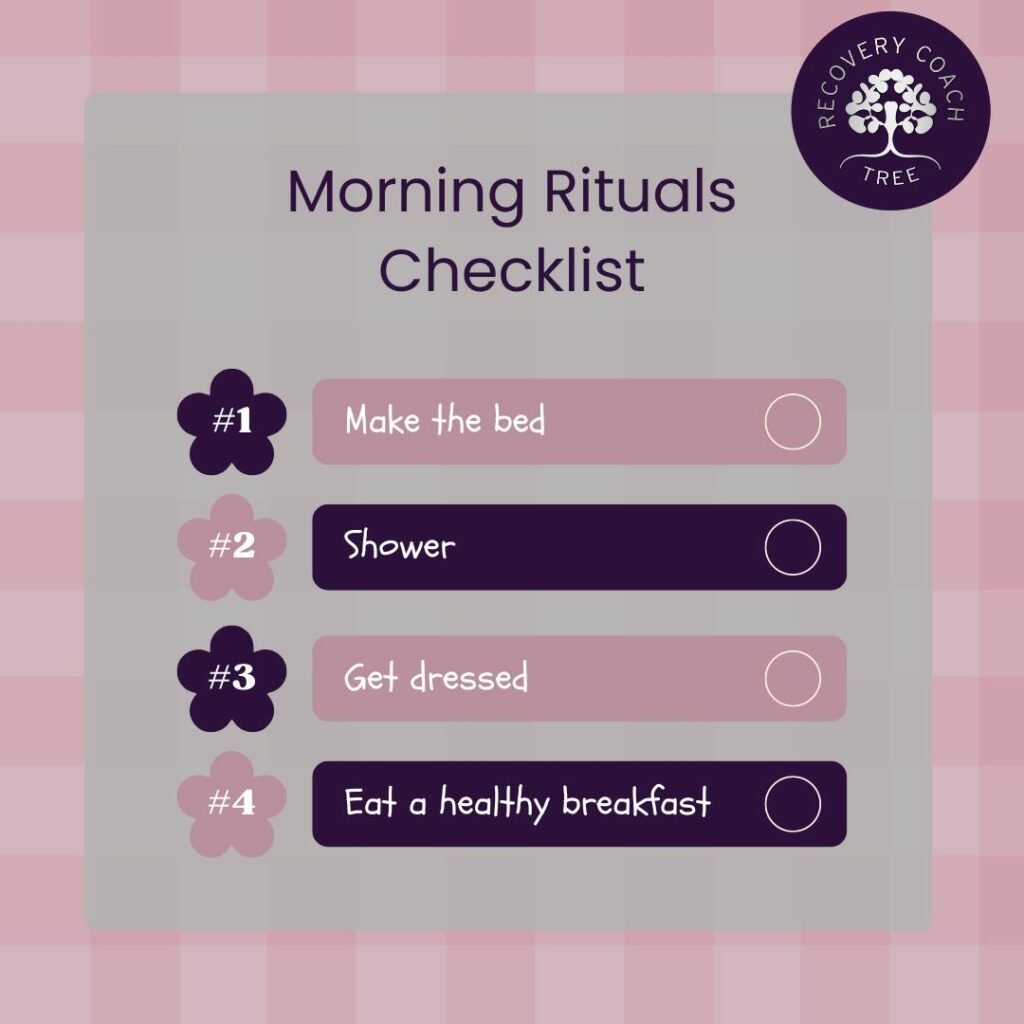
7. Can a morning ritual help me?
When you take the time to create a morning ritual, your brain remembers this and knows that this is the time you need to wake up each day. Examples of a morning ritual (after you get out of bed and turn your alarm off) are making your bed, showering, getting dressed and having breakfast while scrolling through your social media or reading the news. A positive start to your morning is a great way to improve and maintain a healthy sleep hygiene.
It is impossible to function properly without the proper amount of sleep. Please contact your healthcare provider if your sleep disorder affects your mental and/or physical health.
